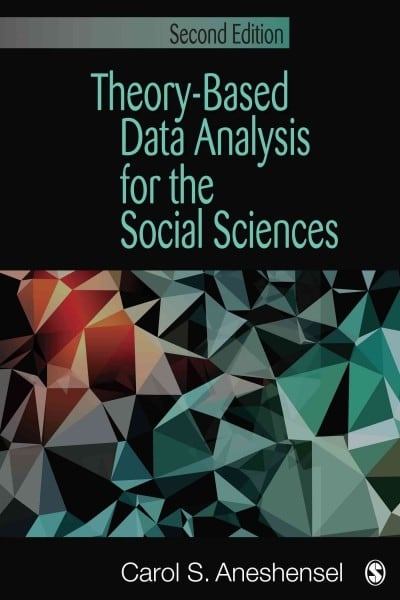Question
Respond to the post of Daisha below. What reactions do you have to the ideas the learner has presented? Include examples from your own experience
Respond to the post of Daisha below. What reactions do you have to the ideas the learner has presented? Include examples from your own experience to support your perspective, and raise questions to continue the dialogue.please use 7th edition a p a format. Please list references used. Please use up to date/ current scholarly references/sources (within the last 5 years) . cite each paragraph with facts.
Most Helpful: Understanding Diagnostic Pathways
The decision tree was most helpful in guiding the diagnostic process by systematically presenting different symptom criteria and ruling out specific conditions. It provided a structured approach to understanding how various symptoms contribute to the overall diagnosis. This aligns with the idea that differential diagnosis in somatic symptom disorders involves considering both medical and mental health perspectives (Differential diagnosis by the trees, 2014).
Least Helpful: Limited Knowledge Provided
One limitation was that some questions were challenging to answer without a more in-depth understanding of Richard's medical history or broader contextual factors. Obtaining more detailed information about his life circumstances, relationships, and cultural background could enhance the accuracy of the differential diagnosis (Differential diagnosis by the trees, 2014).
Use of the Family Relations Scale (FRS) in Richard's Case:
The Family Relations Scale (FRS) is a valuable tool for understanding Richard from a systemic perspective. Given Richard's distress, alienation from friends, and significant life disruptions, it becomes essential to explore family dynamics and their potential impact on his psychological well-being. The FRS assesses family characteristics and functioning, focusing on dimensions such as cohesion, organization, communication, and support (Hamilton & Carr, 2016; Family Relations Scale, 1997).
The Family Relations Scale (FRS) is an appropriate tool for assessing Richard's situation on multiple dimensions. The cohesion scale is particularly relevant as Richard's alienation from friends and engagement in online chat rooms suggests potential disruptions in emotional bonding within his family. Additionally, the organization scale becomes crucial in understanding Richard's challenges in maintaining employment and living arrangements, providing insights into family beliefs, emotional warmth, and communication dynamics. The communication scale of the FRS further addresses Richard's resistance to exploring deeper emotions, offering a lens into how information and feelings are shared or avoided within the family context (Family Relations Scale, 1997; Hamilton & Carr, 2016). Integrating the FRS into Richard's assessment can offer a systemic lens to understand the potential influence of family dynamics on his somatic symptom disorder.
Differential diagnosis by the trees. (2014). In M. B. First,DSM-5 handbook of differential diagnosis(pp. 17-156). American Psychiatric Publishing. https://dsm-psychiatryonline-org.library.capella.edu/doi/full/10.1176/appi.books.9781585629992.mf02
Hamilton, E., & Carr, A. (2016). Systematic Review of Self-Report Family Assessment Measures.Family Process,55(1), 16-30. https://doi-org.library.capella.edu/10.1111/famp.12200
Step by Step Solution
There are 3 Steps involved in it
Step: 1

Get Instant Access to Expert-Tailored Solutions
See step-by-step solutions with expert insights and AI powered tools for academic success
Step: 2

Step: 3

Ace Your Homework with AI
Get the answers you need in no time with our AI-driven, step-by-step assistance
Get Started


